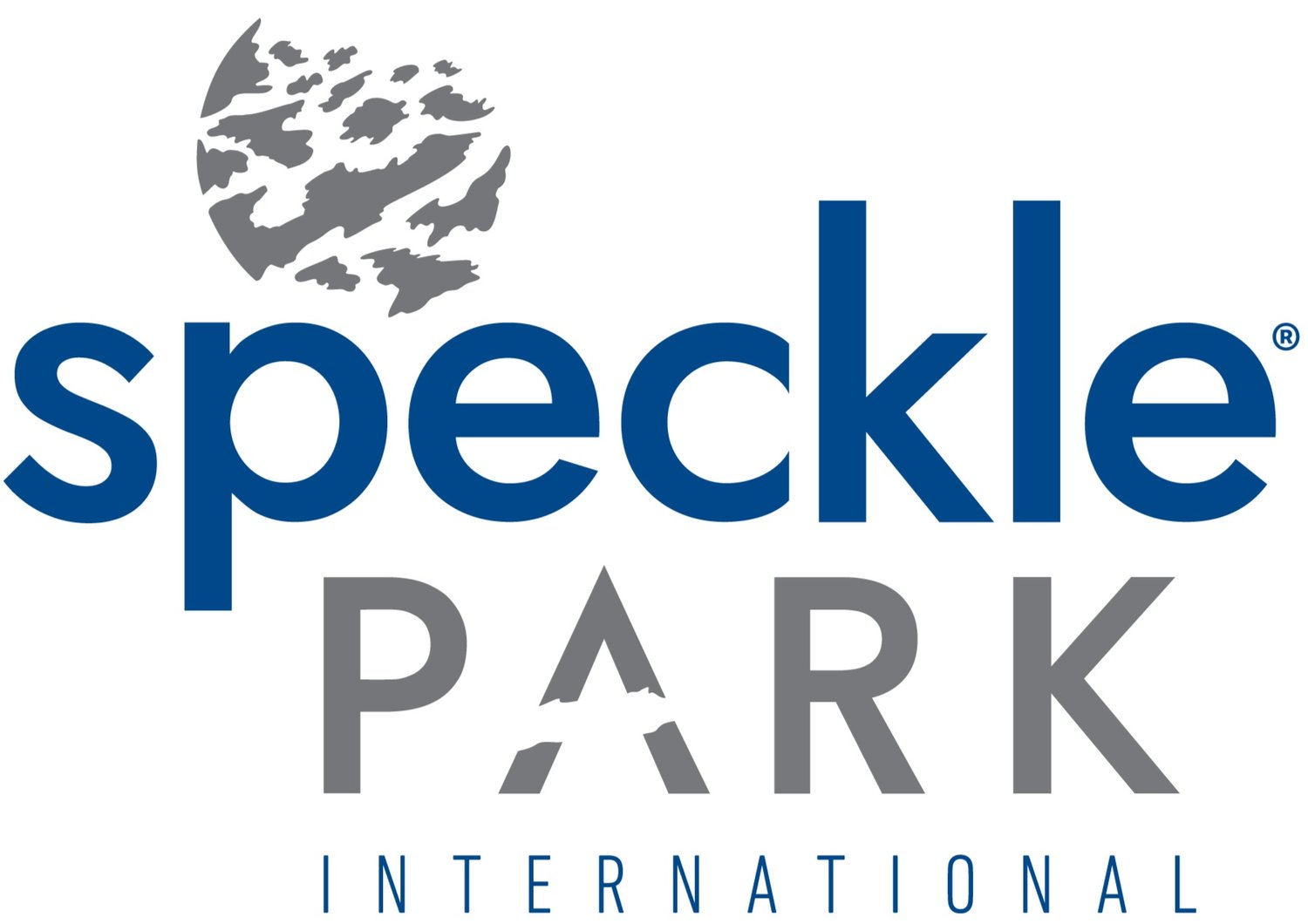2024 Farmers of the Year prove Speckle Park sires boost dairy profit and sustainability
In South Australia's Murray Bridge region, the Altmann family is redefining what’s possible for Australian dairies through a smart beef-on-dairy breeding model that delivers profitability, sustainability and genetic progress.
Named earlier this year as the Weekly Times Coles 2024 Farmer of the Year, David and Karen Altmann and their son Jake run Altmann Farms, milking 500 Holstein cows three times daily to produce more than six million litres of milk annually. But it's their innovative use of Speckle Park bulls that’s capturing industry attention.
“For a dairy business, they’re a perfect fit,” Mr Altmann said. “For operations chasing both genetic gain and real-world return, this kind of data-driven progress is hard to ignore.” “These bulls deliver fast growth, consistent carcase quality and they’re easy on both cows and staff.”
The Altmanns’ crossbreeding strategy is part of an integrated operation spanning beef, dairy and cropping enterprises across multiple properties—including the Ewyn Speckle Park Stud in the Adelaide Hills, established eight years ago, in which they are partners. The stud now plays a central role in their breeding program.
“The more we worked with [Speckle Park cattle], the more we realised their value,” Mr Altmann explained. “They offer ease of calving, rapid early growth, polled calves and are incredibly easy to manage.”
What began as a trial has become a cornerstone of the business. Today, 50% of the dairy herd is bred to produce beef calves—using Speckle Park sires over cows and Wagyu sires over heifers. The top 30% of the herd is joined to elite Holstein sires using sexed semen for replacements, while 20% get conventional Holstein semen.
“Our breeding program is carefully planned,” says Mr Altmann. “It’s about producing the right calf for the right purpose—whether that’s a future milker or a high-value beef animal.”
The Speckle Park/Holstein cross calves have proven ideal for short-fed beef systems. Sold to the MSA grid at Thomas Foods International at just 16.2 months and 620 kg liveweight, they finish 1–2 months earlier than other crosses and consistently hit carcase specs, averaging 17mm of fat depth. Their eating quality commands market premiums.
“This early finishing is critical,” Mr Altmann said. “When your primary business is producing milk, you want beef calves that grow fast, finish well and don’t complicate the system. The Speckle Park crosses tick all those boxes.”
The data supports the model’s success. The Altmanns’ cattle average an MSA index of 62.88, placing them in the top 25% nationally of all MSA-graded carcases. Over 40% of their animals are benchmarking in the top 10%, with standout performers in the top 5% nationally.
“All the carcase data we receive from Thomas Foods goes back to Speckle Park International for benchmarking,” Mr Altmann said. “It’s good for us and it contributes to broader breed improvement. And it confirms what we’re seeing—these calves just work.”
Beyond profitability, the model brings environmental benefits. Speckle Park-cross animals finish earlier, shortening the production cycle and lowering emissions intensity per kilogram of beef.
“It’s an added layer of value,” Mr Altmann said. “We’re producing more with less and in a more sustainable way.”
The Altmanns are now refining their system further, focusing on feedlot nutrition, pen management and sire benchmarking. They’re also gathering more data across multiple Speckle Park sires to help identify the most consistent genetics, aiming for a system where every cow receives two rounds of sexed semen before being joined to Speckle Park bulls.
“For any dairy chasing both genetic gain and profitability, this model is compelling,” says Mr Altmann. “Beef-on-dairy isn’t just a sideline anymore—it’s a serious part of how we build resilience, value and sustainability into our farming future.”
